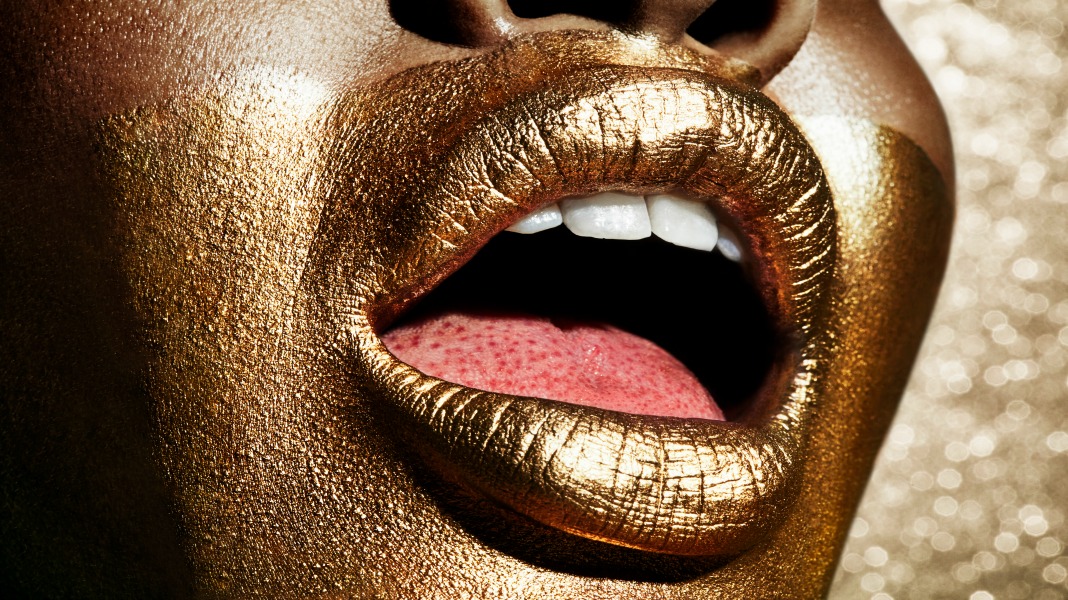
Getty
Recently I was reading an article about Amara La Negra’s Breakfast Club interview in which she discussed colorism in the Afro-Latino community. I went to the comments section of the piece (because I’m a glutton for punishment) and was beyond disappointed in the remarks I read. Most were quite apathetic in nature:
This again! Why are we always talking about this?!?!
This topic is old, we need to get over it!
I’m so sick of dark-skinned people complaining!
I was saddened by the response because the comments were from Black people and I assumed because the readers were Black they would be more sensitive to the topic.
Colorism is an ugly and uncomfortable topic but that’s the exact reason we need to discuss it. All cultural communities have old behaviors and thought patterns that need to be changed. Ignoring them or acting like those things aren’t really an issue isn’t going to make them magically disappear. Comments like this is old or why are we still discussing this? sounded really familiar to me because they are the very things white people say when racism and slavery are brought up. And that got me to thinking: Are we being hypocrites?
Broach the subject of racial injustice, white privilege, or institutional racism and you can bet your bottom dollar white people will offer familiar and dismissive rebuttals:
Slavery was a long time ago, why are we still talking about this?
What about Black on Black crime?
I’m so sick of Black people always talking about race!
These comments are insensitive and dangerous because if white people aren’t open to these conversations and immediately get defensive and shutdown, nothing will ever change. But here’s the thing: the same logic applies to Black people and the subject of colorism.
To give some context, colorism is “prejudice or discrimination against individuals with a dark skin tone, typically among people of the same ethnic or racial group.” Colorism in the U.S. grew roots during slavery when slave owners showed favoritism to lighter-skinned slaves over darker-skinned slaves. Even after slavery ended that preferential treatment continued and advantages were given to Blacks whose skin tone was closer to that of white people.
The favoritism shown these individuals is the main reason colorism is an issue. Beyond the fact that it’s nonsensical to treat someone different simply because of the hue of their skin, preferential treatment directly affects people’s lives and their ability to attain those inalienable rights all Americans are said to have — you know life, liberty, and the pursuit of happiness. Dozens of research studies have shown that colorism plays an extremely powerful role in who gets ahead in life and who doesn’t; whose child gets to go to a better school; whose child gets positive attention from the teacher; who gets hired; who gets the promotion; who gets arrested, convicted and given a harsher sentence. A 2005 thesis presented at the University of Georgia found that employers of any race prefer light-skinned Black men to dark-skinned Black men regardless of their qualifications. In short, you can literally be too Black to get a job.
Speaking for myself, I have heard very hurtful and ignorant comments from other Black people regarding my skin tone. But to also know that the skin I was born with makes it harder for me to get a job or a promotion, but easier for me to go to jail is downright scary. If we’re being honest with ourselves, even if we don’t personally subscribe to the light is right mentality we know someone who does. Just like we want other races, in particular white people, to understand how dangerous certain antiquated forms of thought are and use their voice to create change, we need to be open to the same amongst ourselves and support those who are brave enough to openly share their struggle.
I could care less if a woman thinks she is better looking than me because she’s lighter. I could care less if a man prefers lighter skinned women. But when you start messing with my coins and opportunities, we have an issue. That’s why when documentaries like Dark Girls come out, or people like Amara La Negra start talking about the discrimination they face because of their dark skin we need to stop and listen. Listen with an open mind and with the goal of taking a look at ourselves and asking whether we need to change the narrative. What about your family? Friends? Associates? Do you correct them when they make ignorant comments about skin tone in the same way you ask your white allies to take a stand when another incident of police violence makes headlines? Ignoring or being dismissive of this topic is only going to ensure that future generations follow in the same footsteps. Let’s stop being hypocritical and shutting down what we want to be old news when we know all too well how perverse this issue still is and, further, how it feels not to have our voices heard. We can be the example of what happens when people come together and decide to listen and make a change.









